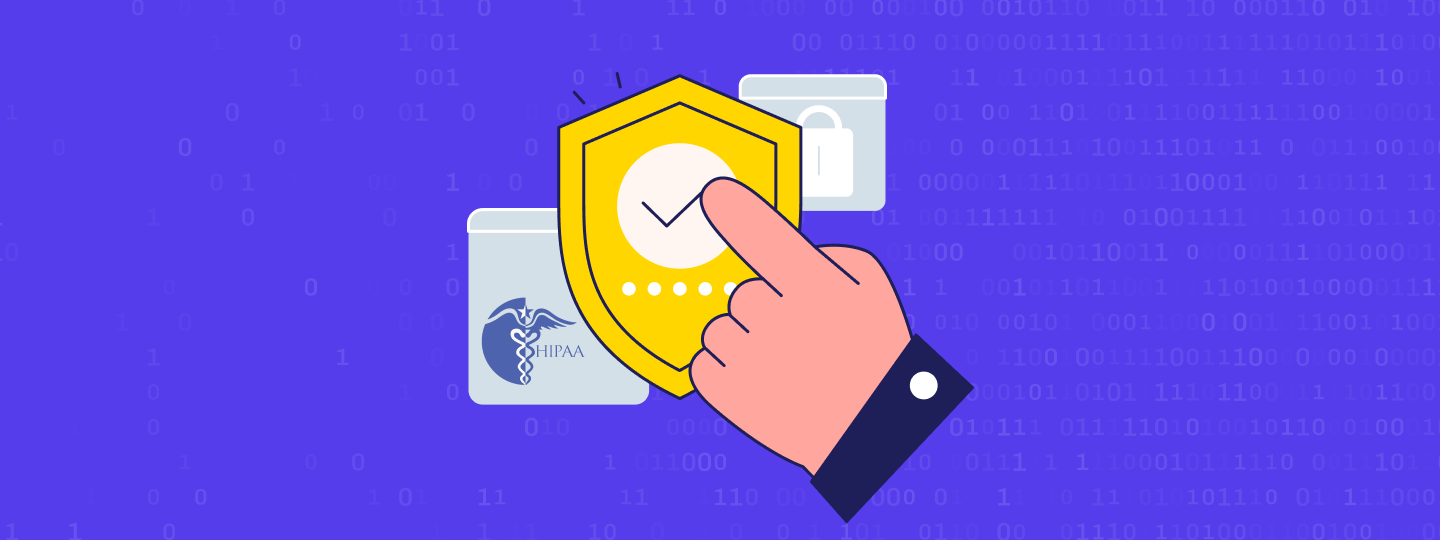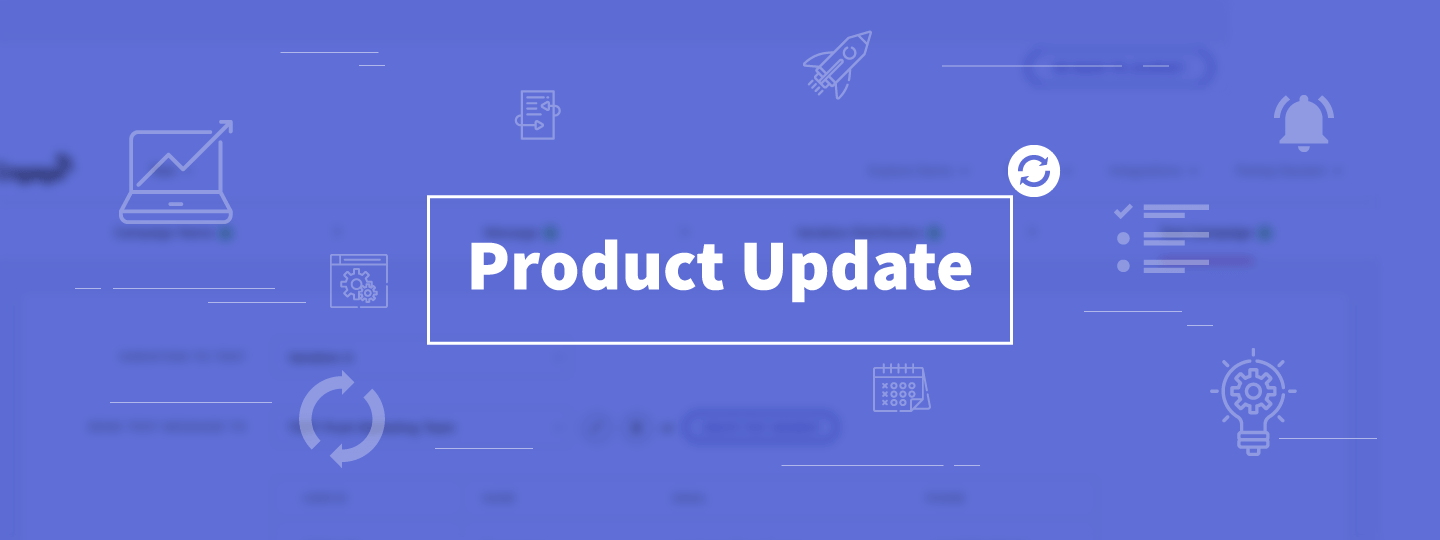At WebEngage, we are unwavering in our commitment to the highest standards of security and privacy for your sensitive health information. We are proud to announce our achievement of full HIPAA compliance. This significant milestone underscores our dedication to safeguarding your data and solidifying your trust in us.
What is HIPAA and Protected Health Information (PHI)?
HIPAA (Health Insurance Portability and Accountability Act) sets the standard for protecting patient health data in the United States. To achieve HIPAA compliance, organisations must implement robust security measures to ensure this sensitive information’s confidentiality, integrity, and availability. Achieving this milestone requires a rigorous process of adhering to
strict guidelines and undergoing regular audits.
Protected Health Information (PHI) refers to any details about a patient’s health, medical conditions, and treatment created, collected, stored, or shared by a healthcare provider. This can include anything from medical records and test results to treatment plans and insurance information, whether in digital form, on paper, or even spoken.
The process of getting HIPAA: What factors does the third-party vendor evaluate, and how do they decide that WebEngage is HIPAA compliant?
Our commitment to data security drove our journey to HIPAA compliance. Key steps included:
Benefits of HIPAA Compliance for Our Customers
Achieving HIPAA compliance is more than just a regulatory requirement; it’s a testament to our commitment to protecting customer data. Here are the benefits:
Ongoing Commitment to Improvement
Our dedication to data security continues beyond achieving HIPAA compliance. We’re committed to continuously improving our security practices to stay ahead of emerging threats and evolving regulations. We also comply with GDPR, SOC2 Type 2, RBI SAR, ISO 27701 and ISO 27001. We’ll continue investing in advanced technologies, regular training, and thorough audits to protect customer data.
FAQs
How do you ensure the confidentiality, integrity, and availability of protected health information (PHI)?
We implement robust security measures, including data encryption, access controls, and regular monitoring of our systems. We follow best practices and industry standards to ensure that PHI remains confidential, is not altered or destroyed inappropriately, and is accessible only to authorised individuals.
What encryption methods do you use to protect PHI during transmission and storage?
We use advanced encryption standards (AES-256) to protect PHI during both transmission and storage. All data is encrypted in transit using TLS (Transport Layer Security) and at rest to prevent unauthorised access.
How do you handle access controls and authentication?
We employ role-based access controls (RBAC) to ensure that only authorised personnel can access PHI. Multi-factor authentication (MFA) is required for all users accessing sensitive data, and we regularly review and update user permissions to maintain security.
Do you conduct regular risk assessments and audits?
Yes, we conduct comprehensive risk assessments and internal audits at least annually to identify and mitigate potential vulnerabilities. We also engage third-party auditors to verify our compliance and to ensure that we are continually meeting HIPAA standards.
How do you handle data breaches involving PHI?
In the event of a data breach, we have a well-defined breach notification process in
place. We immediately assess the scope and impact of the breach, contain it, and notify affected parties and relevant authorities as required by HIPAA regulations. We also take steps to prevent future occurrences.
What training do your employees receive on HIPAA compliance?
All employees undergo mandatory HIPAA compliance training upon hiring and receive regular refresher courses throughout their tenure. Our training covers the latest regulations, security best practices, and the proper handling of PHI to ensure ongoing compliance.







 Prakhya Nair
Prakhya Nair
 Harshita Lal
Harshita Lal
 Diksha Dwivedi
Diksha Dwivedi
